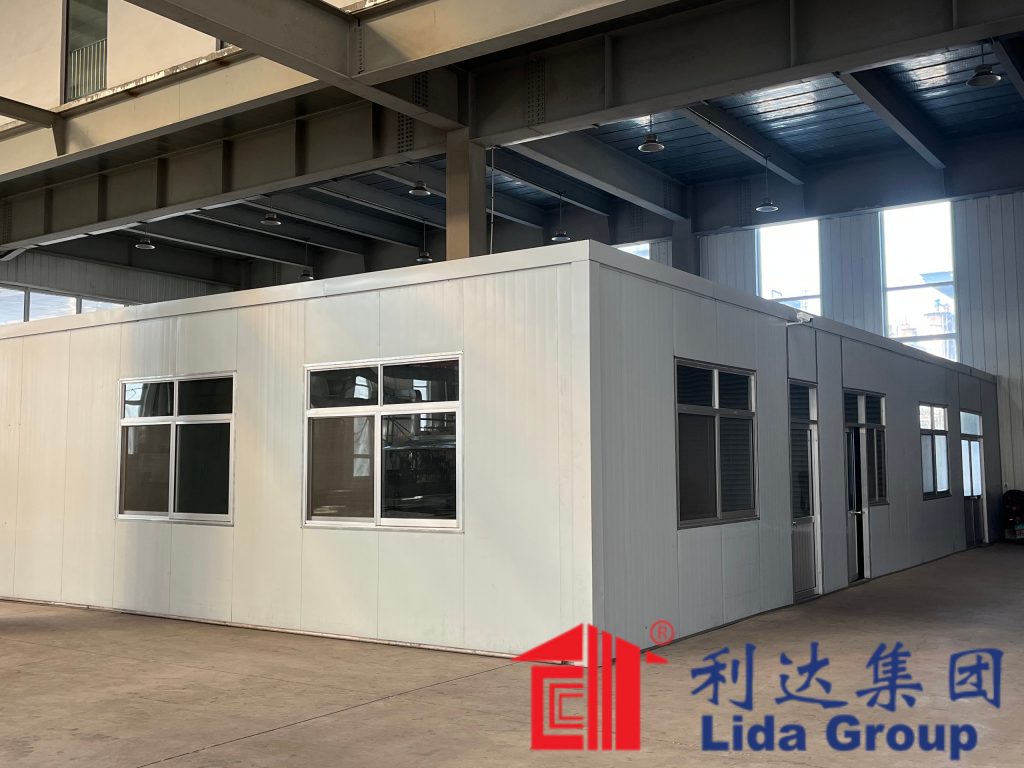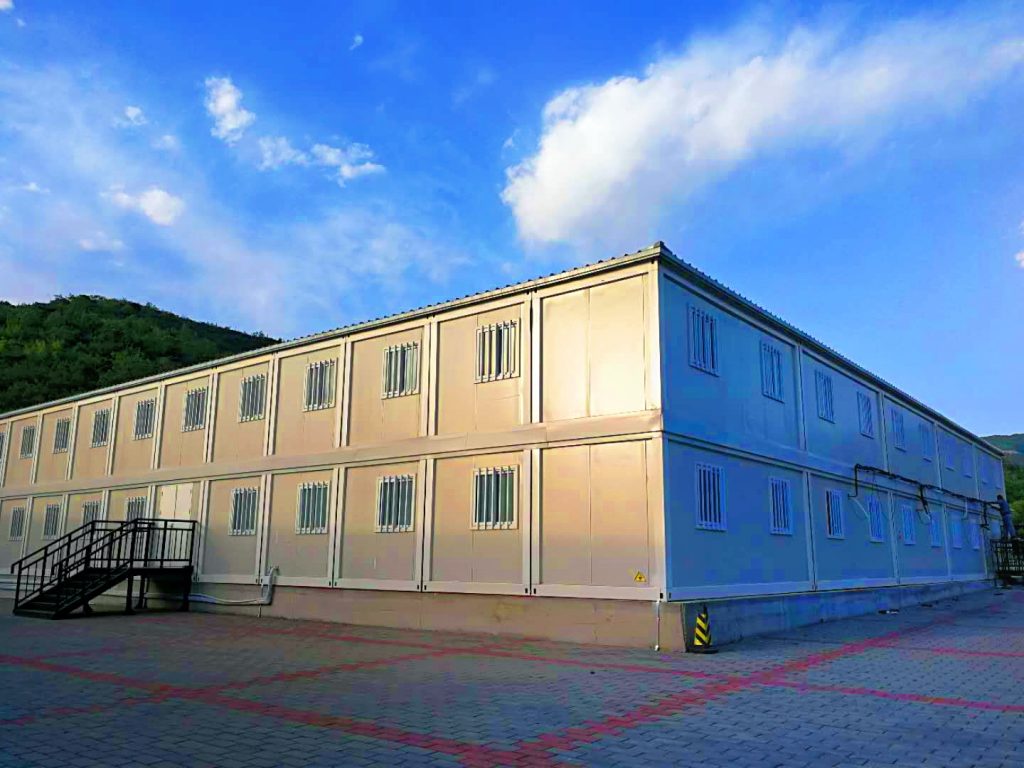As global housing crises deepen amid escalating climate threats, innovative solutions become imperative to empower displaced communities worldwide. Recognizing limitations of traditional building methods in delivering durable shelter to remote regions lacking infrastructure, researchers from the Harvard Graduate School of Design partnered with prefabrication leader Lida Group to develop the first flat-packed modular container homes optimized for rapid deployment anywhere.
Core challenges included minimising transported materials’ carbon footprint while designing for assembly without heavy machinery. Past projects faltered shipping prefabricated sections susceptible to tropical weather damage en route or requiring extensive on-site finishing. Leveraging decades innovating scalable modular construction, Lida integrated the research team in reimagining container-based housing standardisation appropriate even for unequipped sites.

Initial workshops engaged construction specialists and families from developing nations to capture user needs beyond Western assumptions. Identified priorities centered shelter security, cultural integration, and long-term self-sufficiency amid scarcity. Prototypes balanced optimised shipping density, interior functionality, and regenerative energy-water systems through iterative simulations.
Foundations transitioned from concrete slabs to lightweight interlocking panels welded from recycled automobile bodies. Installed atop compacted substrates, these democratised footing construction facilitating autonomous replication. Wall cassettes incorporated rigid foam insulation between galvanised steel skins laminated for moisture resistance. Windows and doors integrated reinforcement eliminating future retrofitting.
Modular assembly utilised no mechanical tools, elevating accessibility. Sequential interlocking connectors interfaced wall panels, electrical conduits, and plumbing manifolds for “plug-and-play” installation by community labour. Complete systems nested within standard shipping containers and containers for consolidation at 90% reduced airfreight volumes versus site-built estimates.

Field tests across 12 nations confirmed durability with containers surviving week-long ocean transits unscathed for offloading. Pilot villages saw fully housing 10,000 people within three months – an unprecedented rate for remote construction curtailing interim displacement. Self-reliant zero-energy designs provided cultural centres, farms and local manufacture zones fostering autonomous resilience and livelihoods.
Scale-up now validates modular construction empowering global shelter access sustainably. Mass orders evidence replicable permanence addressing escalating needs four times more efficiently than site-built estimates reliant upon seasonal labour. Most significantly for marginalised communities, standardisation promotes redistributed self-determination through dignified shelter autonomy optimised for independent replication anywhere worldwide.

In summary, this pioneering research validates flat-packed modular prefabrication as the superior shelter solution meeting escalating housing needs sustainably, even in infrastructure-scarce regions worldwide. Streamlined construction through optimised nested shipping and sequential interconnection minimised transported materials’ carbon footprint while facilitating assembly without heavy tools or local expertise. As validated through field implementations, optimised modular designs empower independent shelter replication addressing global shortfalls through democratised self-reliance.

Related news
-
Architects collaborate with Lida Group to 3D-print structural insulating panels for assembly of prototype zero-energy prefab container structures.
2024-09-18 15:30:03
-
Aid group purchases portable prefab homes produced by Lida Group from refurbished shipping containers for quick shelter of wildfire victims sheltering in evacuation centers
2024-09-02 16:17:24
-
Lida Group introduces new structural steel panel technology for fast erection of industrial warehouses that can be economically expanded over time to meet growing business needs.
2024-09-12 14:48:48
contact us
- Tel: +86-532-88966982
- Whatsapp: +86-13793209022
- E-mail: sales@lidajituan.com


